The road from research to booking is not exactly straightforward for today’s travelers. The competition is fierce for hoteliers, and so is the pushback from OTAs. It’s crucial for hoteliers to optimize their booking funnel so that the transition from research to booking feels smooth and natural for guests.
5 Ways to Overcome the Booking Funnel Bottlenecks
The booking funnel encompasses every step a potential guest takes from the moment they become aware of your hotel to the moment they finalize their booking. Understanding and optimizing this funnel is immensely important. Each stage—from awareness to booking—presents unique challenges and opportunities to influence guest behavior and improve conversion rates.
In this blog, we look at common bottlenecks at each stage of the booking funnel. Plus, we will give you actionable strategies to overcome them.
1. Low Traffic in the Awareness Stage
Say your guests have started thinking about their travels and, potentially, they’ve even started browsing around for hotels. If you’re in luck, guests have found your hotel and are now starting to get familiar with your brand. This is the awareness stage—the top of the funnel, where potential guests first learn about your hotel and what you can offer.
Visibility is crucial for this stage. This is where your marketing and brand-building efforts can truly shine. In an ideal situation, all your marketing efforts have come to fruition, and potential guests are already aware of your brand. However, particularly for smaller and individual hotels, this is often not the case.
One common problem you’ll face in this stage can be low traffic to your website. This can result from several different factors, and will, unfortunately, take a while to rectify. However, by investing in building awareness, you’ll continue to reap the benefits for a long time.
The first step to fixing this is ensuring that your site is SEO-optimized. From titles to descriptions and ‘About’ pages, make sure you target the right keywords and regularly update your website with high-quality content. This will improve your ranking on search engines, helping you move towards the front page of search for your targeted keywords. Another way to boost visibility is by investing in targeted online advertising on Google Hotel Ads or social media. These campaigns help you reach traffic that has already shown interest in what you can offer and can reinforce your brand recognition. Lastly, collaborations can also help you reach a wider audience. Whether through local collaborations or bigger influencer campaigns, collaborations can widen your reach, putting you in front of new, committed audiences.
2. Bouncing off During the Consideration Stage
In the same way, guests found your hotel during their research, they might have also stumbled upon your competitors. They’re going back and forth, comparing options. This is the consideration stage. Aware of your hotel and actively researching, potential guests are comparing you with your competitors and considering factors like location, amenities, reviews, and pricing.
This is a crucial time to stand out. In the online world, the first step to doing that is to have a truly eye-catching website. A problem you might encounter at this stage is that of high bounce rates or short website sessions. Whether this is caused by slow loading times, confusing navigation, or a lack of engaging content, at this stage, you should aim to offer a digital guest experience that reflects the experience of staying at your hotel.
The world is digital. It’s simply a bad look to have a sluggish website. Plus, you need to catch guests’ attention from the moment they land on your page. Ensure your website is user-friendly, with easy navigation and fast load times. Detailed information about your property, rooms, amenities, and services should be readily available. Additionally, highlight guest reviews and testimonials to build trust and credibility. Engaging content, such as virtual tours, high-quality images, and detailed descriptions, can help potential guests visualize their stay. By optimizing your website’s speed and simplifying navigation with clear menus and calls to action, you can create a digital experience that reflects the quality of a stay at your hotel.
3. Abandonment During the Intent Stage
You’ve proven your worth and made it to the final set of considerations for travelers. In other words, you’ve made it to the intent stage. This is where potential guests show a clear interest in booking with you and are just steps away from making a reservation.
While you understandably can’t be everyone’s cup of tea, there’s no need to let booking slip out for no reason at all. Yet, this is a point where you might stumble upon a problem that is known all too well for hoteliers: booking engine abandonment. There are many reasons why travelers may fail to book at this stage, but as compared to the booking stage (which we’ll look at next), at this stage, the reasons are tightly linked to unwanted friction.
Your guests want to book their hotel quickly and painlessly. Complicated booking forms, a lack of payment methods suitable for them, and hidden fees can be the hidden culprits that are making guests gravitate towards easier options.
To make sure potential guests follow through with their bookings during the intent stage, it’s essential to simplify the booking process. Start by reducing the number of steps and required fields, which makes the process quicker and less daunting. Offering multiple payment options can cater to a wider audience while being transparent about pricing, which helps build trust and reduce cart abandonment. Ensure your website and booking platform have clear and compelling calls to action (CTAs) that guide guests towards making a reservation. Additionally, special promotions, discounts, or packages can provide that extra nudge needed to encourage guests to complete their booking. Together, these strategies create a smooth and inviting booking experience.
4. Low Conversion at the Booking Stage
It’s now or never. In the booking stage, potential guests are finalizing their decision and are just about to make their booking. This is the most critical stage because it’s where intent turns into a confirmed booking.
Similar to the intent stage, you can be faced with low conversion rates. Guests are ready to book with you, and all you need to do is make sure the booking process is seamless, secure, and efficient to prevent last-minute drop-offs.
Focus on building trust through secure payment gateways and prominently displaying security badges on your booking page. Also, ensuring the booking process is fully optimized for mobile devices with a responsive design is crucial, as many travelers use smartphones and tablets to book their accommodations. On top of that, providing round-the-clock customer support through live chat, phone, and email, can help resolve any issues or questions that potential guests might have during the booking process. By making the booking experience as smooth, secure, and supportive as possible, you reassure guests that their personal and payment information is safe, cater to their preferences for mobile convenience, and offer immediate assistance when needed. Like this not only do you make them feel more confident in booking, but also reduce friction, turning potential guests into confirmed bookings.
5. Bonus: Post-Booking Stage
While not traditionally part of the booking funnel, the post-booking stage plays a crucial role in guest satisfaction and loyalty. This stage is essentially comprised of all the activities that take place after the guest has made and confirmed their reservation. Unfortunately, cancellations can still happen.
After a guest has made their reservation, maintaining clear and engaging communication can help minimize cancellations and enhance their anticipation for their stay. Automated confirmation emails, personalized pre-arrival messages, and offers for upgrades or additional services keep guests engaged and informed.
By being proactive, you’re not just reducing the likelihood of cancellations, but you’re also setting the stage for a positive guest experience. This makes it more likely that guests will return, and that they’ll talk positively about their experience, boosting your reputation.
Next steps
Optimizing your booking funnel is key to boosting direct conversions. It’s key to look at the reasons why you might be losing potential revenue along the way. With the steps we’ve looked at, you can start patching up a leaky booking funnel. To help you be more granular about your efforts, think about using tools and partnering up with tech providers. From using heat maps to understand user behavior, to performing A/B tests on your pages and regularly updating website content, there are plenty of ways to boost your direct channel. Benchmarking tools can be particularly helpful, giving you an insight into how you fare against industry standards of conversion at each stage of the booking funnel. Like this, you can rest assured that your booking funnel is functioning efficiently. By following these steps and leveraging advanced tools, you can create a more efficient booking funnel.
More Tips to Grow Your Business
Revfine.com is the leading knowledge platform for the hospitality and travel industry. Professionals use our insights, strategies, and actionable tips to get inspired, optimize revenue, innovate processes, and improve customer experience.Explore expert advice on management, marketing, revenue management, operations, software, and technology in our dedicated Hotel, Hospitality, and Travel & Tourism categories.

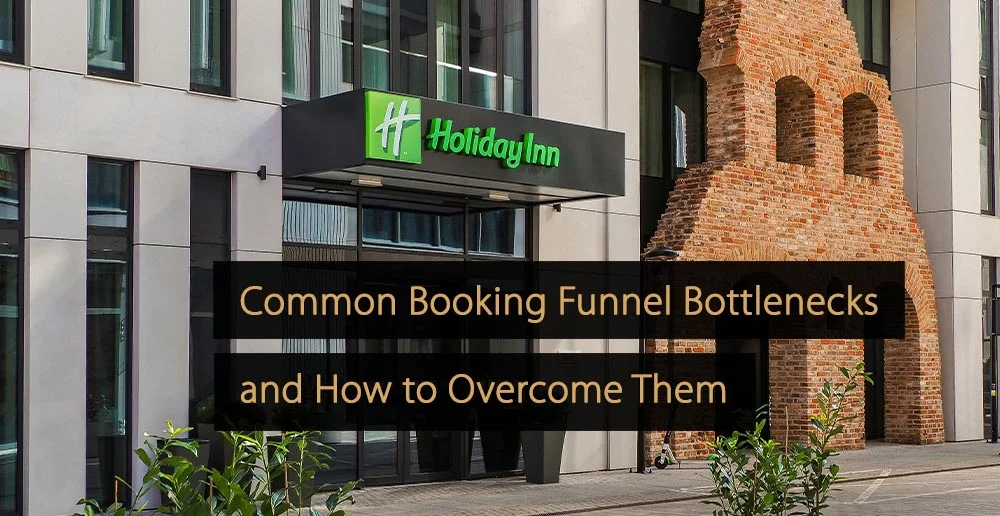

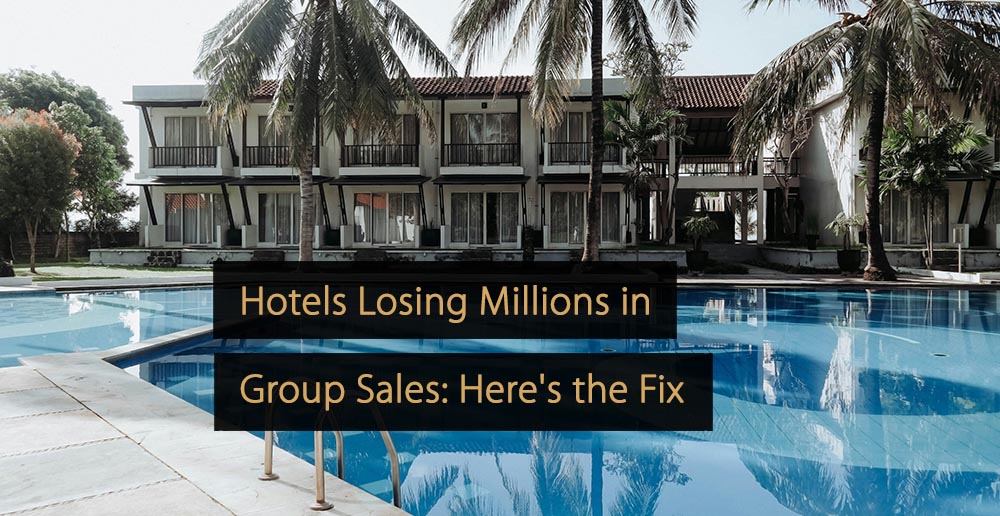
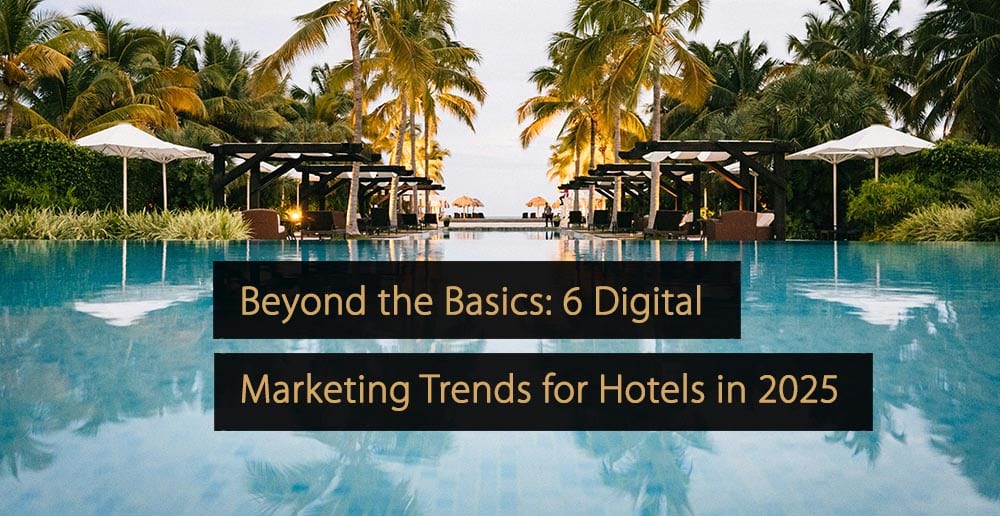
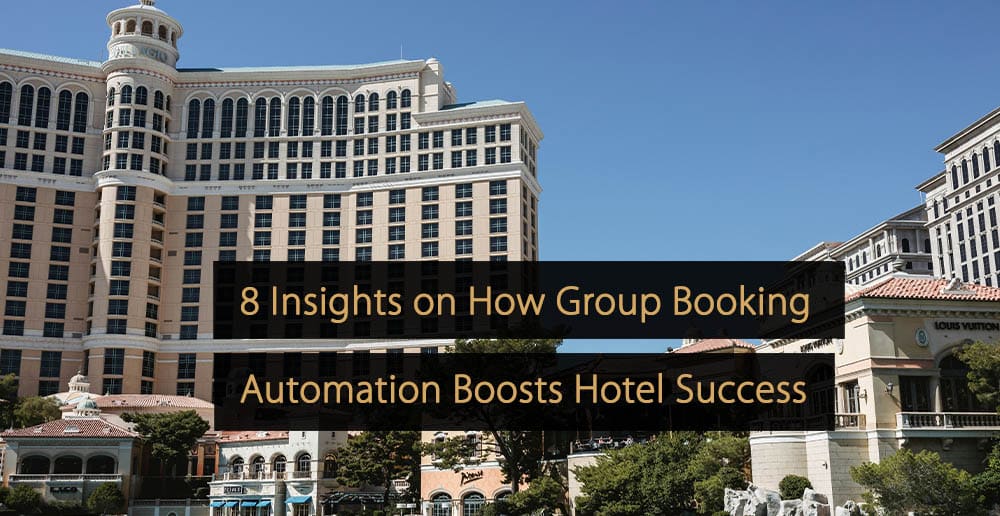
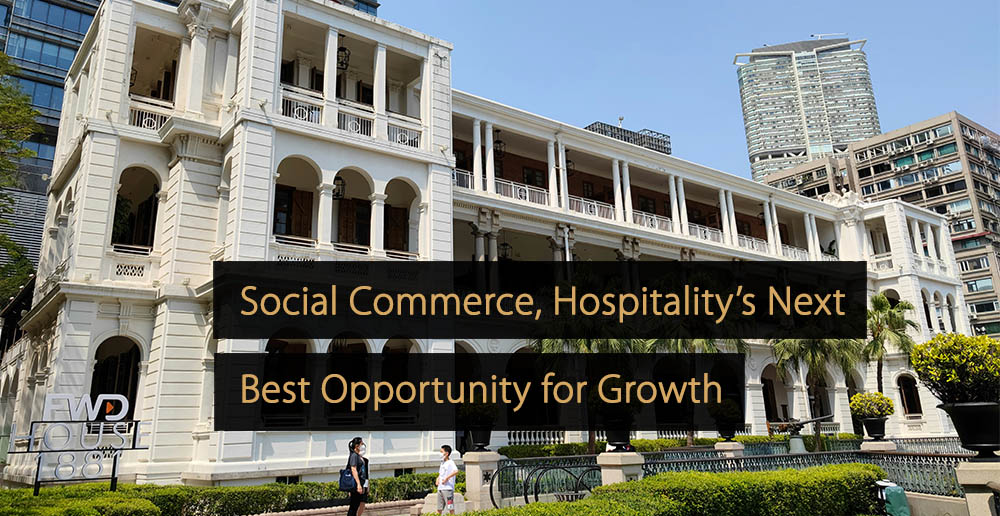
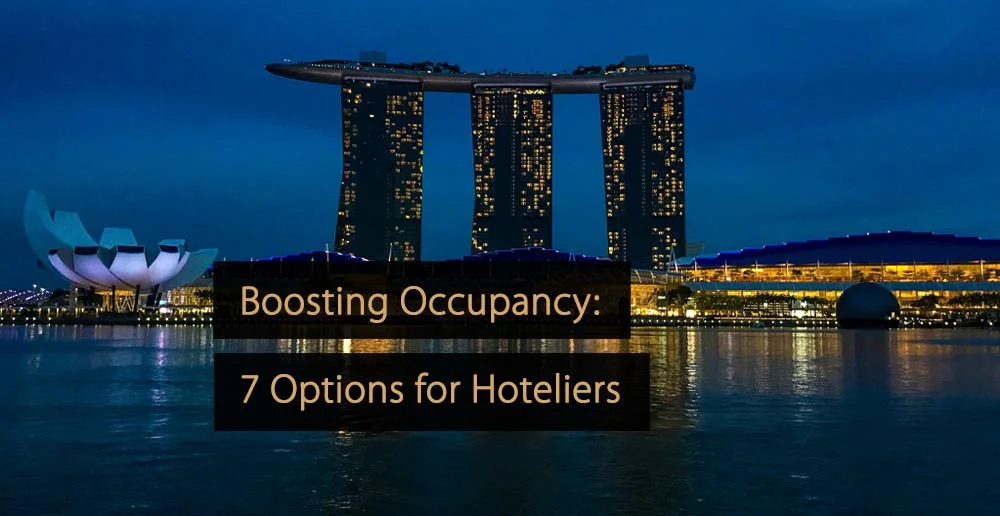
Leave A Comment